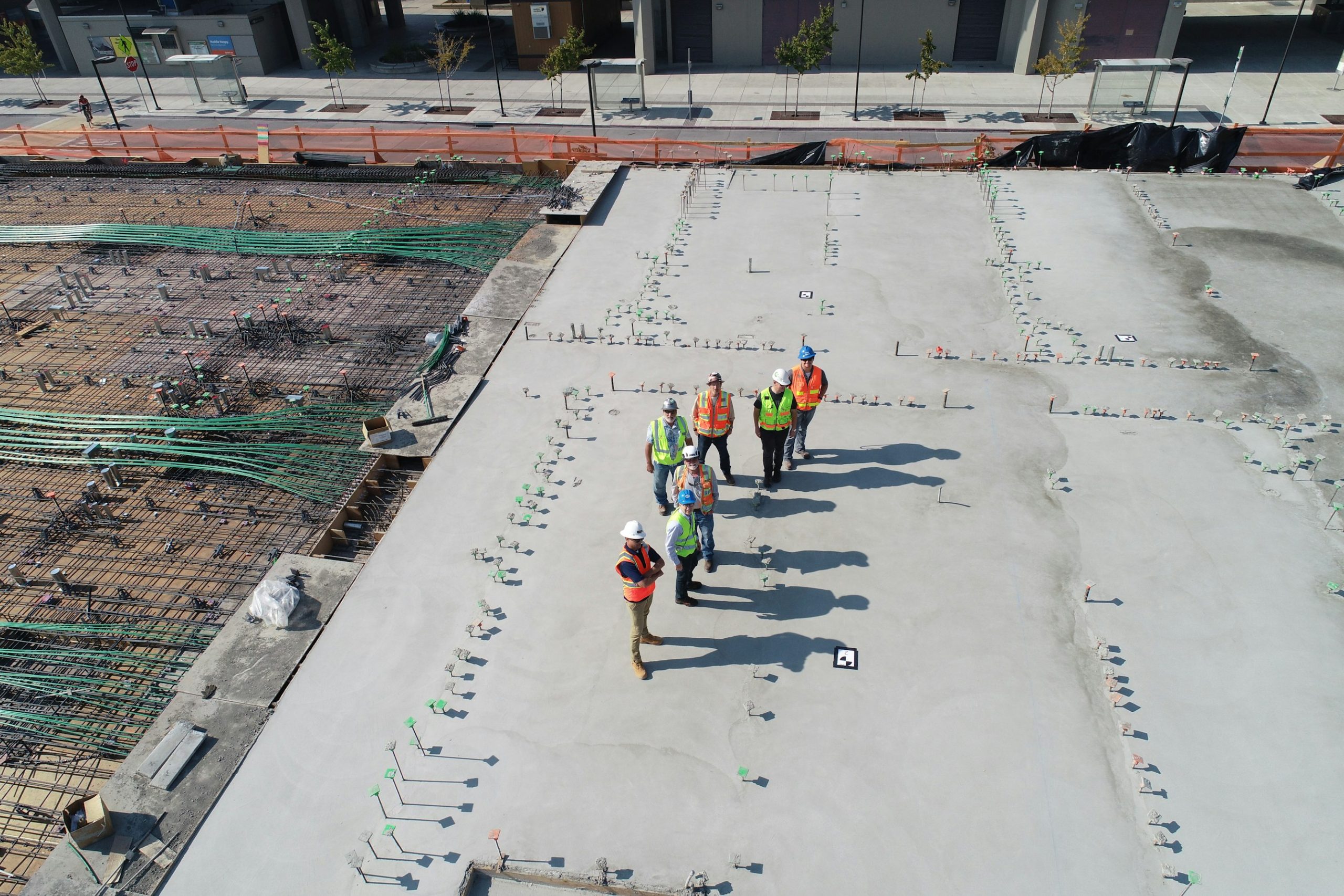Solving the Approval Delay Crisis in GCC Construction
The approval delay crisis in GCC construction is a pressing issue that significantly impacts project timelines and financial outcomes. The complexities associated with regulatory compliance, design changes, and the permitting process contribute to extended delays. In this blog, we will explore the challenges leading to these delays, supported by insightful statistics, emerging innovations, and best practices that can enhance approval efficiency. Additionally, we will highlight how Zepth’s construction project management software can leverage technology to improve these processes.
Understanding the Approval Delay Crisis in GCC Construction
Challenges and Causes of Approval Delays
Approval delays in the GCC construction sector stem from a variety of interrelated factors. One of the primary challenges is navigating the intricate layers of regulatory compliance. Projects must adhere to stringent standards and obtain necessary approvals, such as the ones required by the Global Carbon Council’s GCC 2.0 program. This compliance not only adds to the bureaucratic workload but can also lead to significant delays, as multiple iterations may be required for review and approval.
Moreover, alterations in project design or specifications can substantially prolong the approval phase. For instance, as seen in the Gualala Community Center project, changes to the design pushed the project start back until mid-2025, showcasing the potential for design modifications to disrupt timelines. Another crucial element is the permitting process, particularly in regions with strict environmental regulations, which can add an additional 18-24 months before necessary approvals are secured. Each permitting step can involve multiple review cycles, further exacerbating delays.
Statistics and Trends
The statistics surrounding approval delays are striking. Projects often face mandated completion times per approval cycle, with the GCC 2.0 framework’s stringent requirement of completing approvals within three review cycles. However, the reality reveals that each cycle is frequently time-consuming, leading to extended project timelines. Financial implications of these delays can also be severe; projects that exceed planned timelines may incur additional costs due to tariffs and supply chain disturbances, exacerbating financial strain, especially when combined with the complex nature of the approval process.
Emerging Innovations and Solutions
Legislative Initiatives
In response to these challenges, several legislative proposals have emerged, aimed at streamlining decision-making processes. These reforms focus on essential elements such as energy efficiency and transit concerns, making them promising for reducing approval delays in the near future.
Advanced Technology
The landscape of construction project management is evolving rapidly due to the integration of advanced technologies. The infusion of AI, blockchain, and IoT can transform the approval process through enhanced transparency, security, and operational efficiency. AI-powered project management tools, such as those provided by Zepth, can significantly mitigate delays caused by regulatory hurdles and improve workflow efficiency.
Best Practices
Adopting best practices is crucial for managing approval delays. One of the most effective strategies involves the use of comprehensive construction project management software. Tools like Zepth’s construction project management software enable project teams to track regulatory compliance, manage design changes, and optimize the entire permitting process seamlessly. With robust features like project tracking software and construction document management, Zepth facilitates smoother workflows that can reduce the time spent in approval phases.
How Zepth Can Help
Using Zepth’s construction project management software is instrumental in navigating the complicated approval landscape. The platform enhances transparency and operational efficiency across various project stages. Zepth offers tools that facilitate the management of regulatory compliance with clear audit trails, assist in tracking design modifications, and streamline the overall permitting process.
For example, with Zepth’s Document Register, teams can access centralized document storage, automate version control, and maintain a single source of truth throughout the project. Additionally, Zepth’s Construction Progress Report ensures that stakeholders stay updated on project milestones and can react swiftly to any changes.
Additional Considerations
New legislative proposals also emphasize the need for efficient approval processes, highlighting the importance of commencing construction within strict timeframes to qualify for tax credits. These regulations underline the urgency for construction teams in the GCC to establish streamlined workflows.
In summary, solving the approval delay crisis in GCC construction involves addressing regulatory complexities, managing design changes effectively, and leveraging advanced technologies and project management tools. By adopting these strategies and utilizing the innovative solutions offered by Zepth, construction projects in the GCC region can better navigate approval delays, ensuring timely completion while staying on budget.




